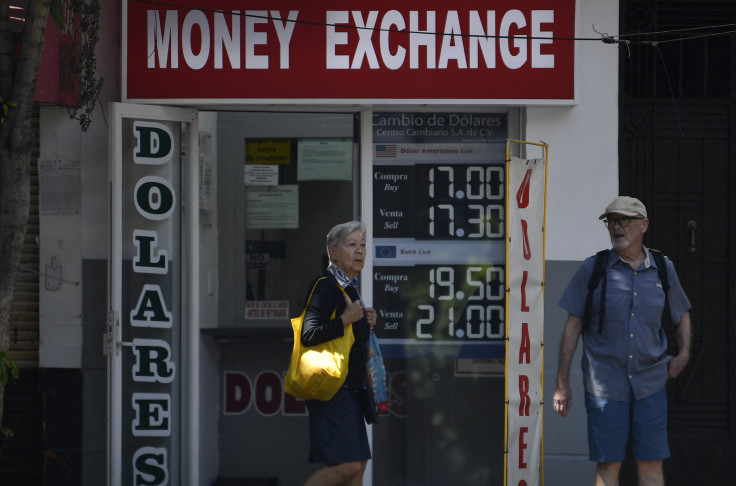
Mexican communities that have long depended on remittances from family members in the United States are facing an abrupt slowdown, a new report by the Washington Post shows.
After record levels of $64.7 billion in 2024, remittances to Mexico are projected to fall to $61 billion this year, a decline driven by both reduced U.S. labor participation among Mexican migrants and fear of deportation.
In June, remittances fell 16.2% year-over-year, the steepest decline for that month on record, according to the Bank of Mexico. Meanwhile, year-to-date, transfers are down nearly 6%. While the average amount sent per transaction has risen slightly to $409, the overall volume has decreased, marking a reversal after 11 consecutive years of growth.
Communities in Oaxaca, historically major sources of U.S. migrants, are particularly affected, as The Washington Post explains. In some areas, remittances account for more than 10% of local economic activity, supporting construction, small businesses, and family expenses. Local officials note that fewer families are receiving consistent payments, leaving towns struggling to maintain economic activity.
Experts consulted by the outlet explained that the Trump administration's immigration crackdown has prompted both voluntary returns and reduced work participation among Mexicans in the U.S., while fewer new migrants are entering the labor market. Analysts note that remittance flows naturally depend on ongoing migration, and Mexico's migration levels have fallen over the past 15 years.
The decrease in Mexican remittances contrasts with rising flows to Central America, where migration from Guatemala, Honduras, and El Salvador has increased. In those countries, remittances represent even larger shares of GDP: over 25 percent in Nicaragua and Honduras, 23.5 percent in El Salvador, and 19.5 percent in Guatemala, compared with roughly 3 percent in Mexico.
Economists warn that the drop could slow local economies in Mexico, potentially driving more people to migrate north in search of work. "Remittances get invested not in infrastructure or in factories but in human capital and in schooling," said Michael Clemens of George Mason University, highlighting the broader developmental impact.
© 2025 Latin Times. All rights reserved. Do not reproduce without permission.






